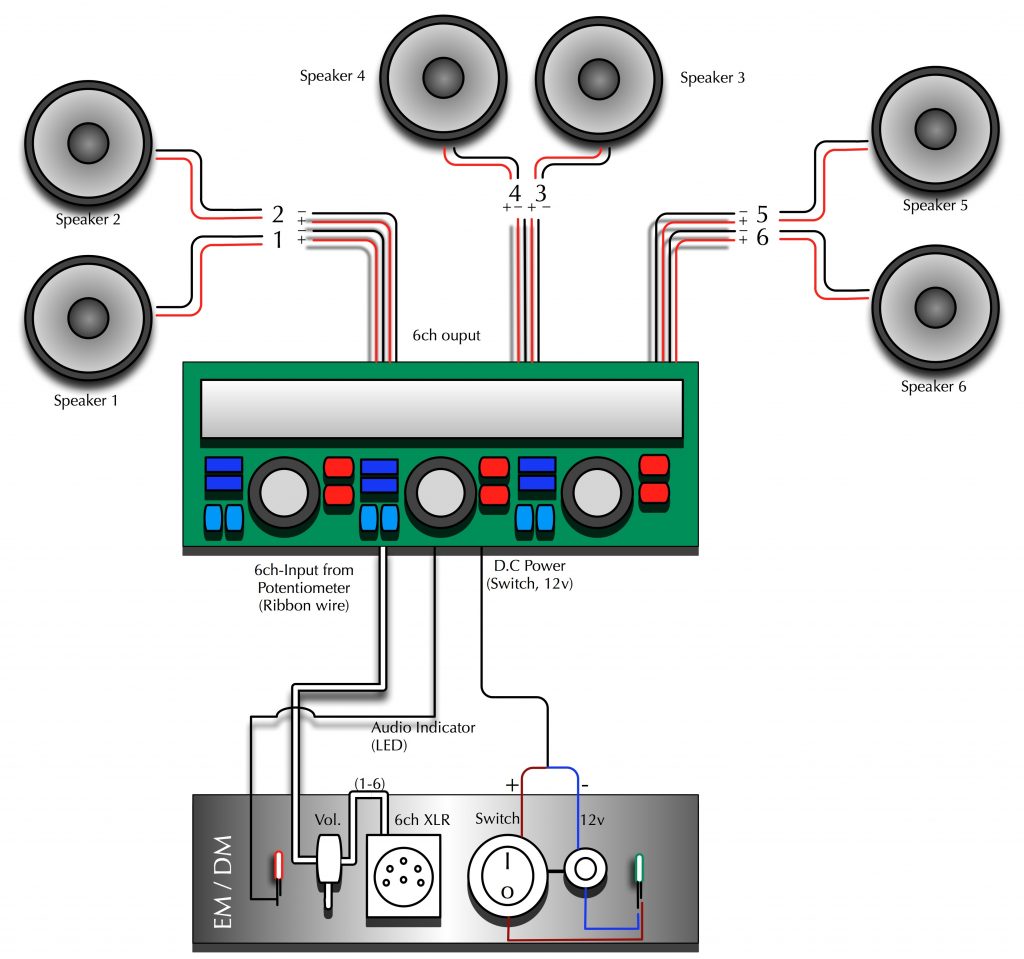A lane detection system used behind the lane departure warning system uses the principle of Hough transform and Canny edge detector to detect lane lines from realtime camera images fed from the front-end camera of the automobile. As an example, the brake system's main function is to provide braking functionality to the automobile. A newer version will use the braking system to assist in maintaining the vehicle's lane. In 2004, the first passenger-vehicle system available in North America was jointly developed by Iteris and Valeo for Nissan on the Infiniti FX and (in 2005) the M vehicles. Also in 2007, Infiniti offered a newer version of its 2004 system, which it called the Lane Departure Prevention (LDP) system. In Europe, the lane departure warning system should be compatible with a visible lane marking identification standard such as commission regulation EU-351/2012. In this system, a camera (mounted in the overhead console above the mirror) monitors the lane markings on a roadway.
 A camera, mounted at the top of the windshield just above the rear-view mirror, scans the road ahead in a 40-degree radius, picking up the dotted white lines used to divide lane boundaries on the highway. It provides up to 80% of steering torque to keep the car in its lane on the highway. If the radar cruise control system is engaged, the Lane Keep function works to help reduce the driver's steering-input burden by providing steering torque; however, the driver must remain active or the system will deactivate. This system can issue an audiovisual warning and also (using the electric power steering or EPS) steer the vehicle to hold its lane. In road-transport terminology, a lane departure warning system (LDWS) is a mechanism designed to warn the driver when the vehicle begins to move out of its lane (unless a turn signal is on in that direction) on freeways and arterial roads. Japan; this system warns the driver if it appears the vehicle is beginning to drift out of its lane.
A camera, mounted at the top of the windshield just above the rear-view mirror, scans the road ahead in a 40-degree radius, picking up the dotted white lines used to divide lane boundaries on the highway. It provides up to 80% of steering torque to keep the car in its lane on the highway. If the radar cruise control system is engaged, the Lane Keep function works to help reduce the driver's steering-input burden by providing steering torque; however, the driver must remain active or the system will deactivate. This system can issue an audiovisual warning and also (using the electric power steering or EPS) steer the vehicle to hold its lane. In road-transport terminology, a lane departure warning system (LDWS) is a mechanism designed to warn the driver when the vehicle begins to move out of its lane (unless a turn signal is on in that direction) on freeways and arterial roads. Japan; this system warns the driver if it appears the vehicle is beginning to drift out of its lane.
Q7. This system, unlike the Japanese "assist" systems, will not intervene in actual driving; rather, it will vibrate the steering wheel if the vehicle appears to be exiting its lane. National Highway Traffic Safety Administration (NHTSA) began studying whether to mandate lane departure warning systems and frontal collision warning systems on automobiles. Sometimes referred to as purple, magenta lights are primarily used by the National Heavy Vehicle Regulator (NHVR), heavy vehicle enforcement/escort officers of Transport for NSW, Victorian VicRoads and South Australian and Queensland Transport Safety Inspectors. It also applies counter-steering torque to help ensure the driver does not over-correct or "saw" the steering wheel while attempting to return the vehicle to its proper lane. Another feature will automatically deactivate and reactivate if it ascertains the driver is intentionally leaving his lane (for instance, aggressively cornering). Performance can be considered in a wide variety of tasks, but it generally considers how quickly a car can accelerate (e.g. standing start 1/4 mile elapsed time, 0-60 mph, etc.), its top speed, how short and quickly a car can come to a complete stop from a set speed (e.g. 70-0 mph), how much g-force a car can generate without losing grip, recorded lap-times, cornering speed, brake fade, etc. Performance can also reflect the amount of control in inclement weather (snow, ice, rain).
 Without those LSS systems, lane departure can be unintentional; the car drifts towards and across the edge of the lane. Mercedes-Benz began offering a Lane Keeping Assist function on the new E-class. Automated lane keeping systems (ALKS): Designed to follow lane markings with no human driver. Japan has required AEB since 2020 and ALKS since 2021. The European Union requires AEB since 2022 but did not define a date for ALKS. Between 2018 and 2021 only points were awarded for the Fast Nine Qualifier. From 2015-2019, double points were awarded for the season finale, regardless of race length or type of track. By completely disabling the engine, the CARS program avoided recycling schemes such as encountered in Germany, where authorities found that an estimated 50,000 scrapped vehicles were exported to Africa and Eastern Europe, where newer, safer cars of the type being destroyed in the West are prohibitively expensive. In the interior, the gauge cluster is replaced with a new one, similar to the one found on the Odyssey. The line was perfectly straight, and was sometimes referred to as The Big Dipper, similar to a roller coaster, going steeply down one side of the valley and then up the other side.
Without those LSS systems, lane departure can be unintentional; the car drifts towards and across the edge of the lane. Mercedes-Benz began offering a Lane Keeping Assist function on the new E-class. Automated lane keeping systems (ALKS): Designed to follow lane markings with no human driver. Japan has required AEB since 2020 and ALKS since 2021. The European Union requires AEB since 2022 but did not define a date for ALKS. Between 2018 and 2021 only points were awarded for the Fast Nine Qualifier. From 2015-2019, double points were awarded for the season finale, regardless of race length or type of track. By completely disabling the engine, the CARS program avoided recycling schemes such as encountered in Germany, where authorities found that an estimated 50,000 scrapped vehicles were exported to Africa and Eastern Europe, where newer, safer cars of the type being destroyed in the West are prohibitively expensive. In the interior, the gauge cluster is replaced with a new one, similar to the one found on the Odyssey. The line was perfectly straight, and was sometimes referred to as The Big Dipper, similar to a roller coaster, going steeply down one side of the valley and then up the other side.
Comments
Post a Comment